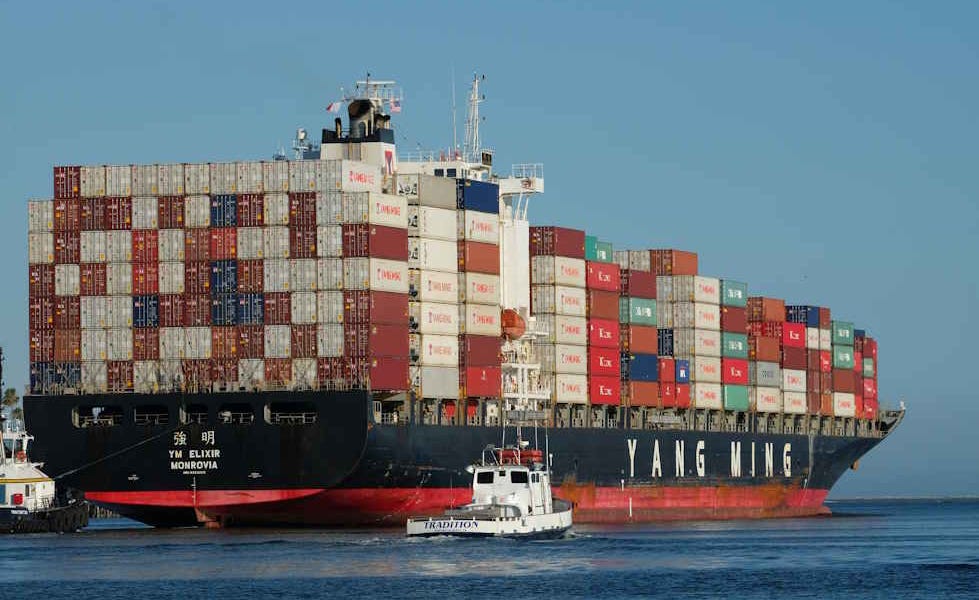Why is China producing so many export goods, anyway?

🌈 Abstract
The article discusses the recent surge in Chinese exports and the various theories behind it, including:
- Industrial expansion as a replacement for the real estate boom in China
- Overcapacity in Chinese manufacturing due to government subsidies or inability to adjust production to changes in domestic demand
- China's desire to become the "make everything" country and dominate global manufacturing
- Potential efforts by China to undermine the manufacturing capabilities of its geopolitical rivals
🙋 Q&A
[01] Theories on the Surge in Chinese Exports
1. What are the main theories proposed in the article to explain the surge in Chinese exports?
- Industrial expansion as a replacement for the slowing real estate sector in China
- Overcapacity in Chinese manufacturing, either due to government subsidies or inability to adjust production to changes in domestic demand
- China's desire to become the dominant global manufacturing power by leveraging its large domestic market and subsidies
- Potential efforts by China to undermine the manufacturing capabilities of its geopolitical rivals as part of a broader strategy
2. How do these theories differ in their assessment of China's motivations? The theories range from more benign explanations (e.g. inability to adjust production) to more concerning ones (e.g. deliberate efforts to undermine rivals' manufacturing capabilities for geopolitical gain). The article suggests these theories are not necessarily mutually exclusive and may be operating in combination.
3. What evidence is presented for the "overcapacity" theory? The article cites a Rhodium Group report showing falling capacity utilization at Chinese factories in subsidized industries, as well as examples of government support propping up unprofitable Chinese manufacturers. However, it also notes the difficulty in distinguishing "structural" overcapacity from "temporary" overcapacity due to rapid changes in domestic demand.
[02] Implications and Responses
1. How does the article characterize the global response to China's export surge? The article states that the surge in Chinese exports has prompted many countries to consider imposing their own tariffs and trade barriers, seeing it as a threat to their own manufacturing industries. This is described as a "huge, momentous shift" in the global economic system.
2. What are the potential consequences of China's dominance in global manufacturing that the article discusses? The article suggests that if China is able to use subsidies and other means to make it impossible for non-Chinese companies to compete, it could lead to the deindustrialization of the U.S., Europe, Japan, and other rivals. This could give China a significant military and geopolitical advantage.
3. How does the article suggest policymakers might respond to the challenges posed by China's export surge? The article does not provide specific policy recommendations, but notes that the threat of forced deindustrialization was likely a key consideration in the new tariffs imposed by the U.S. and other countries. It suggests that carefully analyzing China's motivations and strategies will be crucial for developing effective policy responses.